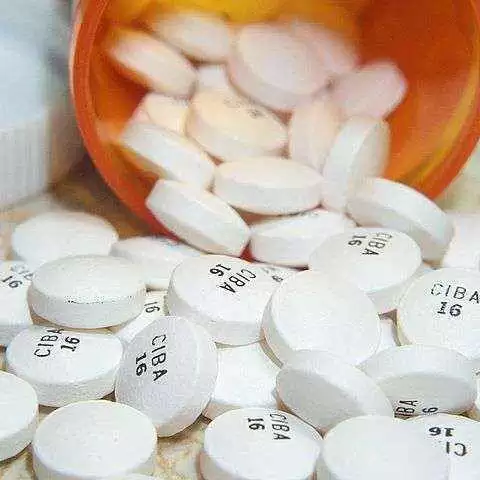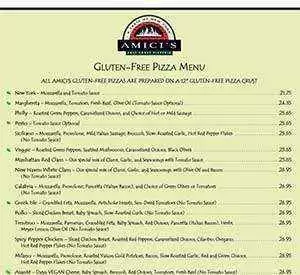
Celiac.com 03/18/2015 - A man who suffers from celiac disease has sued the FDA for allowing gluten to be used as a coating on prescription drug and over-the-counter medicine capsules.
Remember, people with celiac disease can suffer intestinal damage when they consume gluten. This can damage can lead to neurological, among other disorders.
Celiac.com Sponsor (A12):
The man, Michael Weber, was taking a generic drug seven years ago, and developed side effects consistent with ingesting gluten.
Weber says he was unable to determine the drug’s gluten status through his pharmacist, and
Weber went on to petition the FDA to either eliminate wheat gluten in medicines or require new labeling on drugs containing the protein.
In 2011, the FDA sought public comments about the issue. In 2014, the FDA issued gluten-free definitions and labeling standards for commercial foods, but has failed to act on drugs. So Weber has now filed a lawsuit to demand the FDA do something. The Open Original Shared Link.
This raises a couple of questions: Do people with celiac disease deserve to know if there is gluten in their medicine? Do they deserve access to medicines that are gluten-free? Should the FDA definitions and labeling standards also apply to drugs and medicines?








Recommended Comments
Create an account or sign in to comment
You need to be a member in order to leave a comment
Create an account
Sign up for a new account in our community. It's easy!
Register a new accountSign in
Already have an account? Sign in here.
Sign In Now